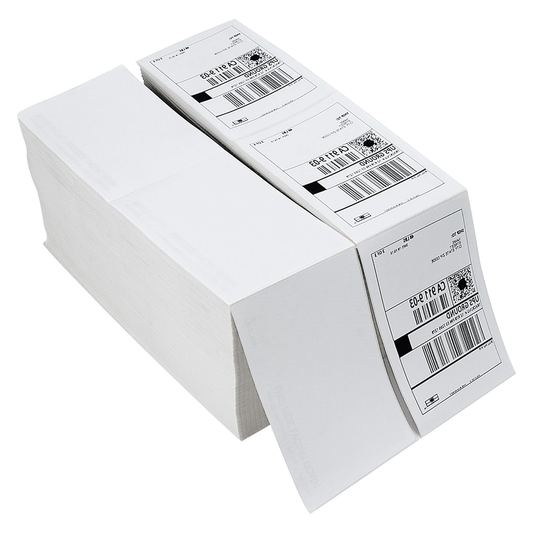Introduction
When purchasing an EV charger for your home, you might feel overwhelmed by technical specifications. One of the most common questions is about the difference between 32 amp, 40 amp, and 50 amp chargers. You might wonder if more amps are better and what it means for your charging needs. In this blog post, we’ll break down the differences between these chargers, what it means for your electric vehicle, and how to choose the right one for your home.
What Are Amps? Amps, short for amperes, measure the strength of an electrical current. In the context of EV chargers, the number of amps indicates how much electricity the charger can deliver to your vehicle at one time. A 32 amp charger delivers less current than a 40 amp or 50 amp charger, meaning it charges your vehicle more slowly.
How Are Amps Used in Your Home? Every electrical appliance in your home draws a specific number of amps based on its power needs. When multiple devices are running simultaneously, they collectively draw power from your home’s electrical panel. This panel has a limited capacity, typically between 100 and 200 amps, which is distributed among various circuits. If your total usage exceeds this capacity, your circuit breaker may trip to prevent electrical hazards.
32 Amp vs. 40 and 50 Amp EV Chargers So, what does the difference in amps mean for EV charging? Simply put, the higher the amps, the faster your vehicle charges. A 32 amp charger is sufficient for most plug-in hybrid vehicles (PHEVs) and some fully electric vehicles (EVs), delivering up to 25 miles of range per hour. In comparison, a 40 amp charger can deliver around 30 miles of range per hour, while a 50 amp charger can provide up to 45 miles per hour, making it ideal for overnight charging.
How Fast is a 50 Amp EV Charger? With a 50 amp charger, you can fully charge an EV with a 300-mile range in about 6.75 hours. This makes it perfect for overnight charging, ensuring your vehicle is ready to go by morning. However, the speed of charging also depends on your vehicle’s maximum acceptance rate. If your EV cannot accept more than 32 amps, a higher amp charger won’t make a difference.
Installation Considerations It’s important to note that higher amp chargers require more robust electrical circuits. A 32 amp charger typically requires a 40 amp circuit breaker, while a 50 amp charger needs a 70 amp circuit. Upgrading your home’s electrical system to accommodate a higher amp charger may involve additional costs, including hiring an electrician.
Do You Need a 32, 40, or 50 Amp Charger? The right charger for your home depends on your vehicle’s charging needs and your home’s electrical capacity. Most EVs can charge efficiently with a 32 or 40 amp charger. However, if you want to future-proof your home or have a high-powered EV, a 50 amp charger might be worth the investment. Be sure to consult your vehicle’s manual to determine the optimal charging capacity.
Conclusion Choosing between a 32, 40, or 50 amp EV charger comes down to your vehicle’s requirements, your home’s electrical capacity, and how fast you want to charge your car. While a higher amp charger can offer faster charging, it’s essential to ensure your home’s electrical system can support it. By understanding these differences, you can make an informed decision and find the best EV charger for your needs.














